Dust in the Blood
By Jessica Coblentz (Liturgical Press Academic, 2022)
“There are some things one knows from living them, even suffering them, and the story of depression that I explore in this book is one that circulates in my veins.” With these words, Jessica Coblentz leaps off the diving board into the deep body of work that comprises Dust in the Blood: A Theology of Life with Depression.
This “theology” is exactly that: an academic treatise on depression chock-full of statistics and studies. Coblentz first approaches an idea, then approaches it again from another perspective, assuring readers with her exhaustive consideration of every angle. She describes depression as a feeling of “unhomelikeness” and supplements her own story alongside those of others. She further critiques the church’s past attempts to address depression and delves into prevalent theodicies of the existence of suffering and depression.
But Coblentz never falls into academic jargon or a one-size-fits-all prescription. Instead, she presents facts in ways that both those with depression and those walking alongside them can understand. For example, she compares the trials of depression with the suffering of Hagar, who is cast into the desert for seemingly meaningless agony, and emphasizes that oftentimes answers are not possible for people with depression; instead, it is enough to simply ask “Why?” alongside them. Rather than trying to choose a theodical side, Coblentz presents every side and then asks what is best for the person with depression.
That’s what is so refreshing about this book: It doesn’t feel like Coblentz is trying to make an argumentative point. Instead, she conveys to her readers the mysteries of depression in the hope that she might help them gain more understanding of the illness and their faith, that it might “aid the hope and endurance of at least some depression sufferers who find themselves doubly displaced in the wilderness.”
—Bri Rooke
The Ethics of Encounter
By Marcus Mescher (Orbis Books, 2020)
Marcus Mescher’s The Ethics of Encounter offers much for our reflection so that we may grow in the call to love our neighbor. COVID-19 raised awareness for who our neighbor is. Leading up to the pandemic, Mescher identifies division in the United States as a barrier to solidarity, heightening after the 2016 election. He notes that amid the varying polarities, tolerance of differences is not enough. Rather, Christians must work for justice and equity for the marginalized.
Mescher also highlights the increase in social media usage as a barrier to fulfilling the call to solidarity. The façade of online intimacy prevents a loving encounter with one’s neighbor while it increases our loneliness. According to Mescher, the antidote to division and loneliness is to imitate the Good Samaritan. To recognize the dignity in others, Mescher proposes a “theology of neighbor.” The Samaritan reveals “God is to be found in love expressed in solidarity, a love that seeks unity across differences.”
To understand the Samaritan model, Mescher introduces the Greek term dikaiosynē, which roughly means “righteousness” and “justice.” When we reflect on these virtues, we become more like the Trinity. “To become holy or Godlike,” Mescher writes, “is to practice merciful love and liberation for and with others, building community so that more people can share in the fullness of life.”
In a divided society, we must transmit Christ’s healing love. This includes focusing on the preferential option for the poor and centering our praxis on promoting justice. In doing so, we imitate the Trinity, who Mescher notes reminds us to resist all forms of oppression that thwart just relationships. I recommend a prayerful reading of Mescher’s book so that we can exhibit Pope Francis’ call to be “collective Samaritans.”
—Matt Kappadakunnel
Briefly Noted:
Wrong Lanes Have Right Turns: A Pardoned Man’s Escape from the School-to-Prison Pipeline and What We Can Do to Dismantle It
By Michael Phillips (WaterBrook, 2022)
Phillips shares his powerful personal experience alongside statistics and research to reveal the privilege and racism inherent in America’s education system.
We Cry Justice: Reading the Bible with the Poor People’s Campaign
Edited by Liz Theoharis (Broadleaf Books, 2021)
Theoharis consults pastors, protestors, and people living in poverty to compile this bundle of essays that reveals a new view of poverty: one of justice, not judgment.
No Place for Ethics: Judicial Review, Legal Positivism, and the Supreme Court of the United States
By T. Patrick Hill (Rowman & Littlefield, 2021)
Hill tackles the relationship between law and ethics and explores the responsibility of the U.S. legal system when it comes to the common good.
This article also appears in the April 2022 issue of U.S. Catholic (Vol. 87, No. 4, page 39). Click here to subscribe to the magazine.


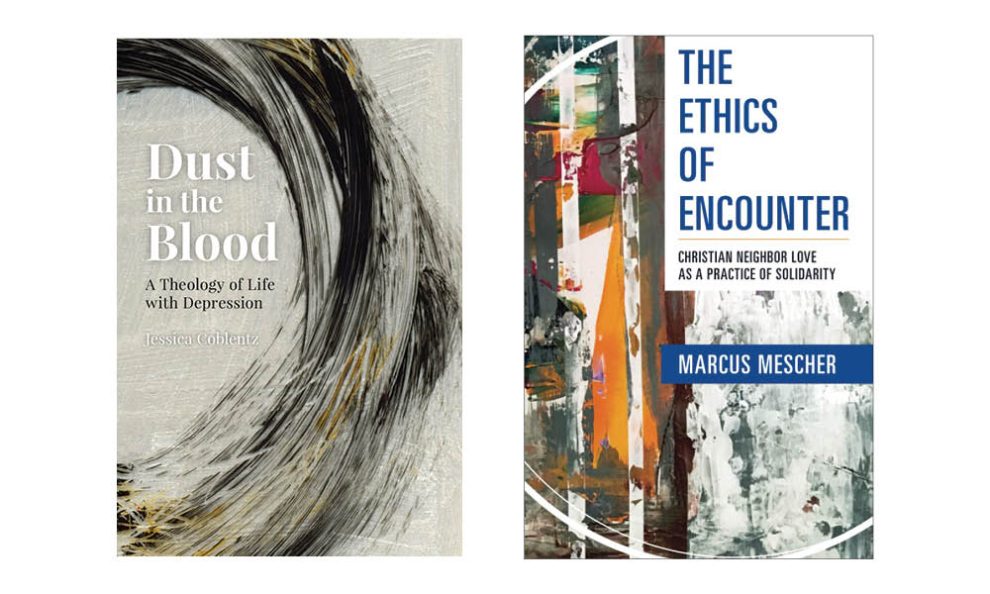
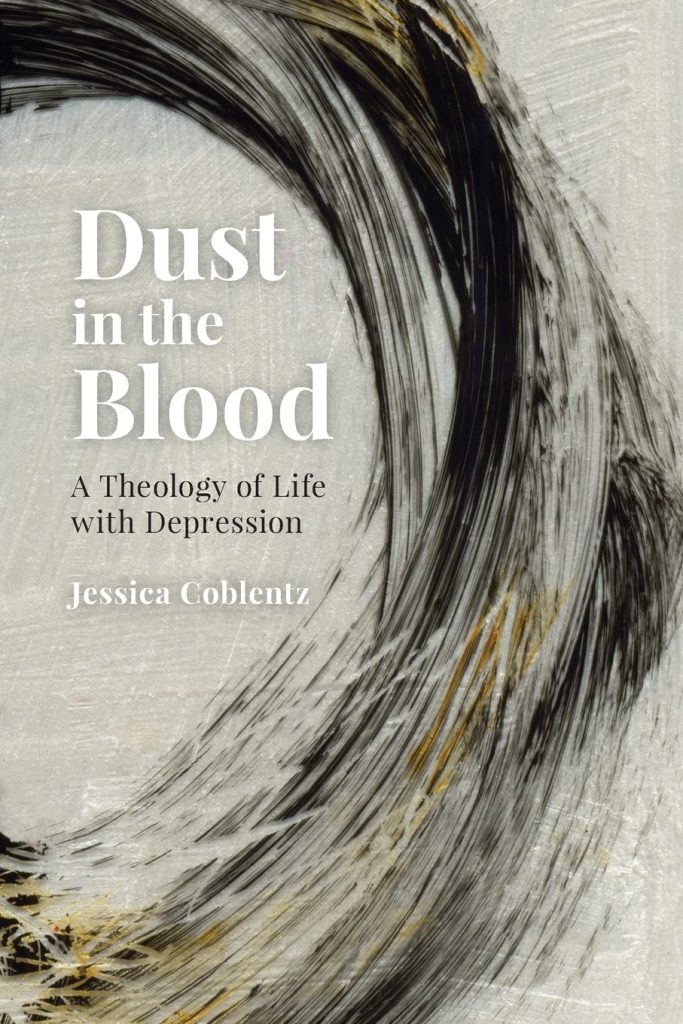
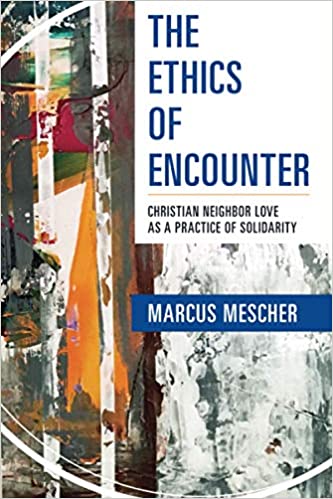
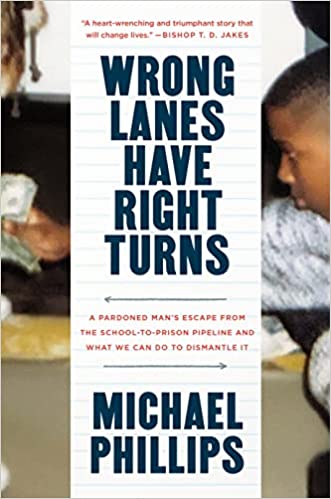
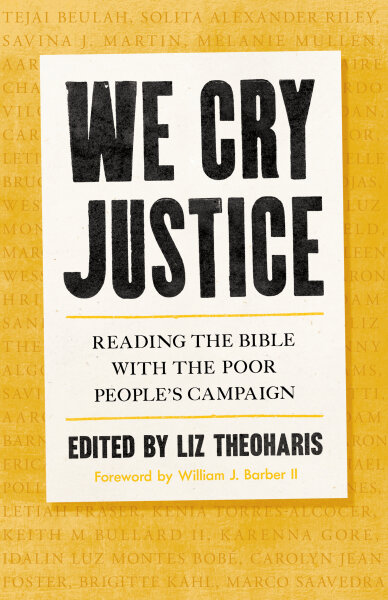
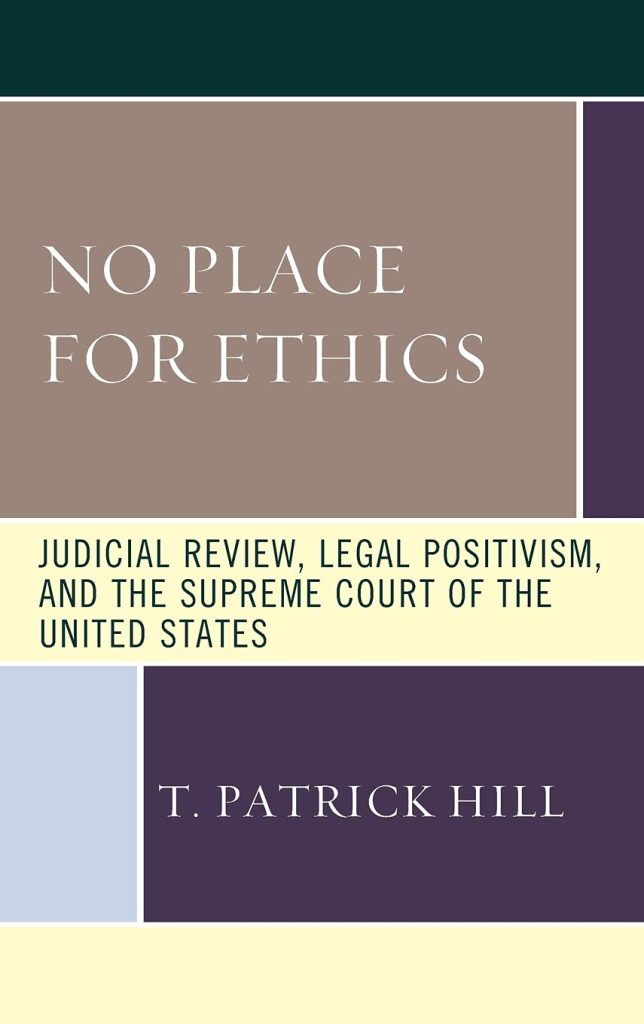











Add comment